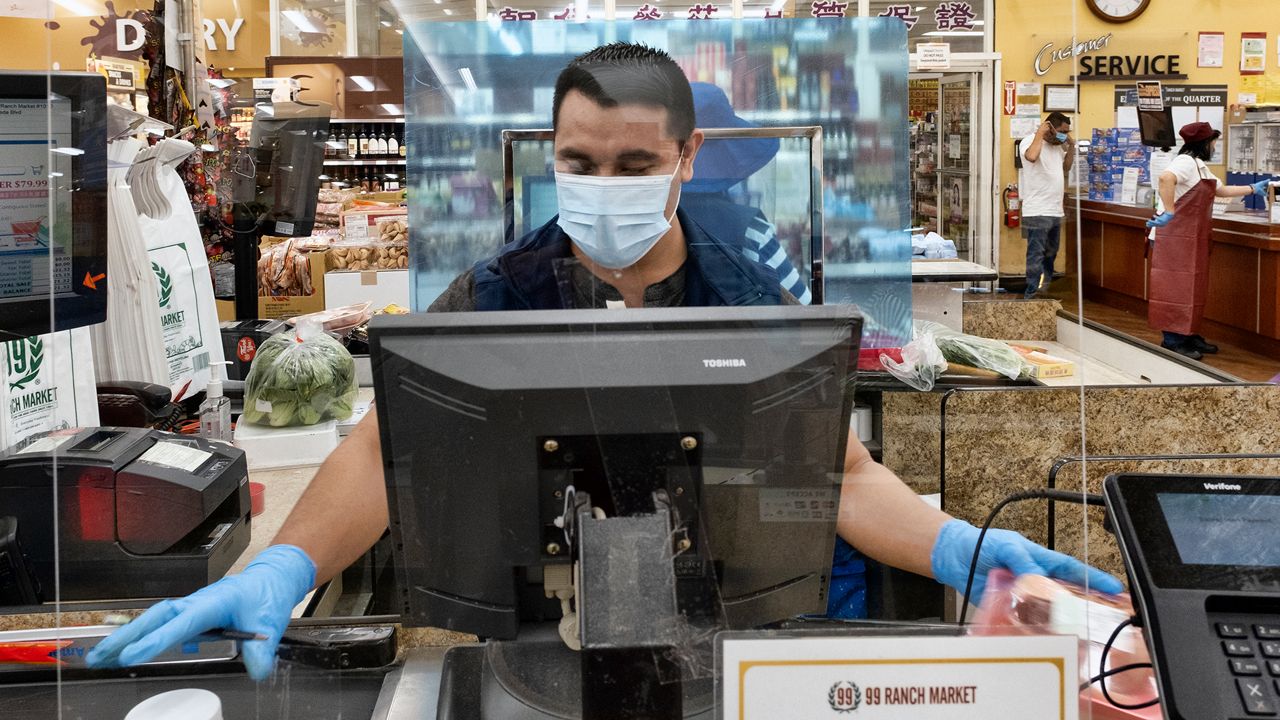CINCINNATI — Marcus Brooks is the definition of tough. After working for 25 years as a deputy sheriff for Hamilton County, life forces you to be that way.
“Seen it all,” Brooks said. “You can only imagine.”
When you think of someone who works in law enforcement, you think of someone in good health. Brooks thought so too, until he had a terrible scare when he was 39-years-old.
“When they told me about, ‘Hey, you have prostate cancer,’ it was kind of overwhelming,” he said.
It was more of a shock to learn there was a long family history of battling this form of cancer.
“I thought I was healthy. Turns out it was on my uncle’s side — my dad had it, and they never revealed it to me,” Brooks said. “It was kind of devastating.”
Prostate cancer is the second leading cause of death among U.S. men, according to the Centers for Disease Control and Prevention.
The Urology Group President Dr. Gary Kirsh said screenings are so important for men, especially Black men because they are 50% more likely to get prostate cancer and twice as likely to die from it.
“If we do the screening and find it early, then we have a very high chance of cure,” Kirsh said. “If we just put our head in the sand, well a lot of people will be OK, but some of them won’t. And some of them will come in with disease that’s too far advanced to cure.”
He said screenings are down as a result of the pandemic, which could become problematic if trends continue because distant stage prostate cancer already has doubled from 4% in 2003, to 8% in 2017.
“We are very concerned that we are going to see in the next few years as has been demonstrated in the last few years, the incidence of men coming to the doctor where the cancer is already spread, we’re afraid is going to be higher without proper screening. Then it’s too late for us to cure the patient.”
Kirsh said screening can be as simple as a prostate-specific antigen (PSA) blood test ordered by a primary care physician.
Brooks considers himself lucky. One decade after his diagnosis and prostate removal, he’s healthy. Now he’s advocating for more screenings with the Zero Prostate Cancer Summit, because that’s what saved him.
“I believe with this cancer, prostate cancer, early detection saves lives,” Brooks said. “And so because they found it so early it saved my life.”
Click here for more information on prostate cancer.




